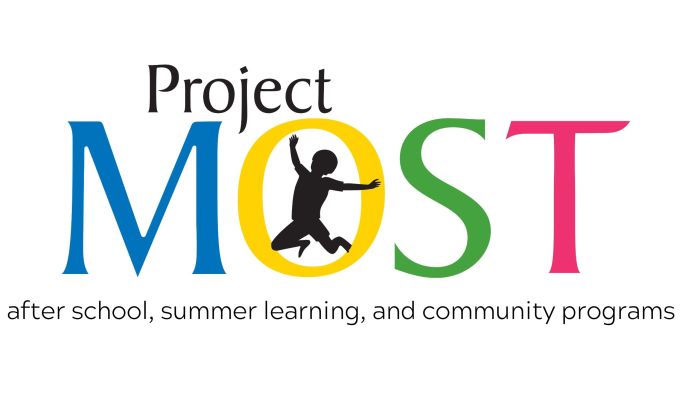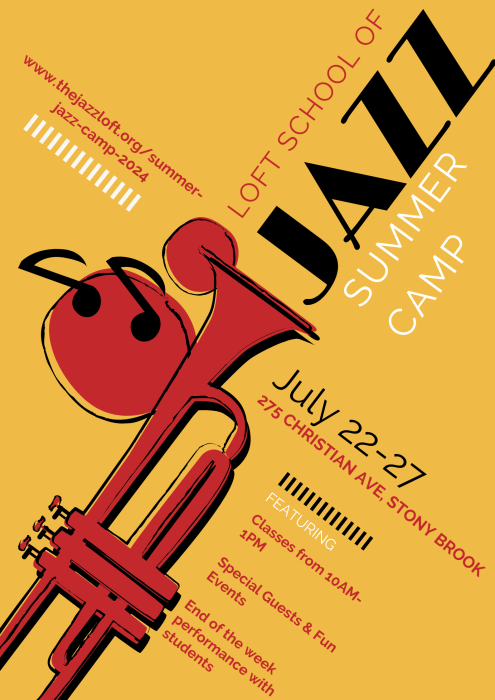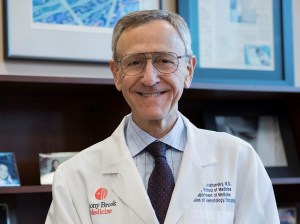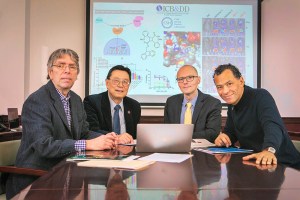Stony Brook University Partners With Simons Foundation for Autism Research Initiative
Stony Brook University recently opened up new opportunities for Long Island’s autism community to participate in and benefit from groundbreaking research. Last September, Stony Brook joined SPARK (Simons Foundation Powering Autism Research for Knowledge), which was founded by the Simons Foundation in 2016 and is being billed as the largest-ever autism study.
Through partnerships with 31 clinical sites around the country – of which Stony Brook is the newest, and the first on Long Island – SPARK is building a major long-term research cohort of individuals with autism and their families in order to better understand the causes of autism and improve the lives of individuals on the spectrum by informing more effective therapies, treatments, services and supports. The organization states that about 100,000 people with autism and 175,000 family members have already enrolled in SPARK.
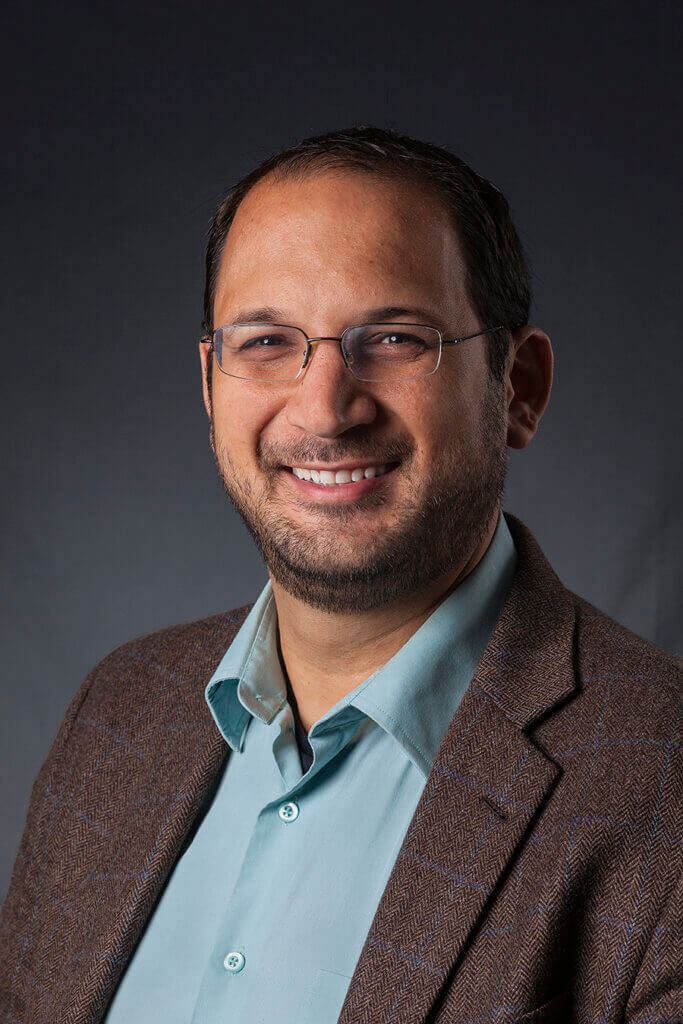
SPARK membership will enhance Stony Brook’s already robust Autism Initiative, an interdisciplinary group of researchers, clinicians and other stakeholders focused on autism research, services, education and outreach to benefit people on the spectrum and their families.
“Though our Autism Initiative, we have spent years connecting with the local autism community, including hundreds of providers and tens of thousands of families,” says Matthew D. Lerner, Ph.D., an associate professor in Stony Brook’s Department of Psychology and research director for the Autism Initiative. “Our focus has always been on research that is meaningful and that gives back to the community in tangible ways. For instance, we prioritize research programs that allow us to offer free treatments, interventions, and assessments to local families, and we provide training programs to healthcare providers, school personnel, parents, and others, designed to improve the quality of care.”
SPARK, which Lerner describes as “a giant autism study that houses many smaller studies within it,” will allow Stony Brook to offer people with autism and their families various short-term, mid-term and long-term benefits, Lerner says.
Since joining SPARK about seven months ago, Stony Brook has already enrolled 130 families in the nationwide network, eclipsing its goal of 50 for the first year. SPARK is open to anyone with a professional diagnosis of autism, and joining the community is free.
People can enroll online in SPARK by providing some information, which Lerner says will be kept strictly confidential, and submitting an optional DNA sample. Those who fill out the baseline information and submit a DNA sample will receive a $50 gift card. There are also small monetary awards (about $10 to $25) for completing additional measures. While the DNA sample is not required to join SPARK, “about 91% of participants do consent to the genetic component because they want to give back and also to get free information about their genetic profiles,” according to Lerner.
Community members can also directly benefit in additional ways. For instance, by completing standardized assessments, they can receive reports to bring back to their school or healthcare provider to share information about the child and how best to serve them. Through the SPARK program, the Vineland Adaptive Behavior Scales assessment, which assists in the diagnosis of intellectual and developmental disabilities and measuring individuals’ adaptive behaviors, can be completed for free. “A lot of schools love to have that information, but it can be hard or costly to get,” Lerner says.
Members also receive summaries of reports based on data that has been collected from various SPARK studies. They also become part of a national community, with access to webinars and other information on different topics of interest. Since SPARK houses many smaller studies, members can opt to participate in some of them and receive tangible benefits. For instance, Stony Brook is currently working on a study through SPARK that includes a single-session intervention via Zoom for treating depression and anxiety in individuals on the spectrum.
“More than 50,000 SPARK families have participated in add-on studies,” Lerner says, noting that studies touch on various topics, such as sleep and diet, sensory issues, communication, and the experiences of teens and adults on the spectrum.
Besides the aforementioned short-term and mid-term benefits, participants in SPARK can contribute to research that can broadly benefit the entire autism community in the long run.





